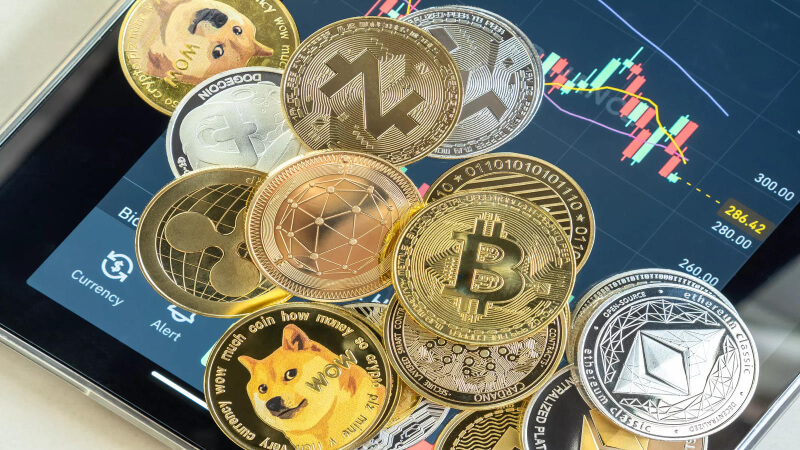- Bitcoin’s volatile price movements have triggered broader discussions on its potential effects on the global financial system.
- Despite Bitcoin’s promise of financial independence, its speculative nature and environmental impact raise significant concerns.
- The adoption of digital currencies by central banks may reshape global finance, but risks related to inequality and privacy persist.
Bitcoin, the world’s first cryptocurrency, has experienced extreme volatility since its inception in 2009. Earlier this year, the price of one Bitcoin soared to over $60,000, marking an eightfold increase in just 12 months. However, this rapid rise was followed by a dramatic fall, with Bitcoin losing half of its value in a matter of weeks.
This volatility isn’t limited to Bitcoin alone; other cryptocurrencies like Dogecoin have seen even sharper rises and falls, often influenced by external factors such as Elon Musk’s tweets.
The Evolution and Challenges of Bitcoin
Bitcoin facilitates electronic transactions between users with virtual currency and has been developed as a peer-to-peer system that is decentralized with no requirement of third-party verifiers such as banks.
It was established in the middle of the global financial crisis and hence timely in providing a viable model of financial institutions which the public at large had lost confidence with. The operations on the Bitcoin network are performed by digital signatures, and at first, offered a certain level of anonymity to the users.
These aspects of the feature led to the use of Bitcoins in unlawful processes, making it the most popular tender for unlawful businesses, such as recent ransomware attacks.
But the usage of Bitcoin has seen several issues Will be tackled below. Bitcoin in particular turned slow and costly: transactions lasted on average 10 minutes, and fees climbed up to $20. Also, the value of Bitcoin is very volatile, which makes it unsuitable to be used as a stable means of exchange.
The Place of Bitcoin in the Financial System
Initially, it was created as a medium of exchange; however, it has become an object of investment instead. It can have no natural value and has no guarantee of being supported by real assets, so the notion of worth is highly risky. This is because, as much as Bitcoin fans compare its price to that of gold because of the limited quantity, scarcity itself cannot explain its value in the market.





